According to statistics, the rate of people participating in health insurance increases significantly every year. By 2024, the whole country had more than 94.2% of the population, equivalent to about 95.5 million people participating in health insurance, approaching the goal of universal health insurance.

The Law amending and supplementing a number of articles of the Law on Health Insurance adds eight contents, bringing many important changes to ensure the rights of health insurance participants and medical facilities, expected to resolve practical problems, has been approved by the National Assembly and will take effect from July 1, 2025.
Notably, the new Law regulates referrals for medical examination and treatment, helping patients to be transferred directly to higher levels without the need for referral procedures as before when suffering from rare diseases, serious illnesses or surgeries requiring the use of high techniques.
In addition, health insurance participants are entitled to 100% of: initial medical examination and treatment costs nationwide, when receiving inpatient treatment at basic health insurance medical examination and treatment facilities and when receiving medical examination and treatment at any basic or specialized medical facility before January 1, 2025.
Along with that, the Health Insurance Fund will also pay for services such as medical examination and treatment, remote support, family medicine, home medical examination and treatment, rehabilitation, regular pregnancy check-ups and childbirth, etc.
Also from July 1, 4 more groups of people will be supported with health insurance premiums, including: people in multidimensionally poor households; near-poor households; People's Artists, Meritorious Artists and victims (according to the provisions of the Law on Prevention and Combat of Human Trafficking 2011).
The reason why health insurance has not yet covered the whole population is still due to insufficient and incorrect awareness of health insurance. Many people are still afraid to participate in health insurance due to lack of information or misunderstanding of their rights and obligations. Some people even think that this is unnecessary, especially when they are young and healthy.
Besides, financial issues are also a big barrier when many freelancers or people in rural, remote areas have low incomes and cannot afford to pay health insurance fees.
To implement universal health insurance, it is necessary to implement synchronous solutions. The State needs to have appropriate financial support policies for this vulnerable group to encourage them to participate. On the other hand, encourage people to have regular health check-ups, if they have any diseases, they will be treated promptly, minimizing serious illnesses and high treatment costs later.
Deputy Minister of Health Tran Van Thuan said that in order to raise people's awareness of the benefits of health insurance, it is necessary to strengthen communication and education; regularly organize propaganda programs, especially in remote areas where people lack information about health insurance; mobilize and divide into small groups according to the model of "going to every alley, knocking on every door" to propagate and mobilize people.
In addition, the Government considers adjusting health insurance premiums to suit the income of each target group; develops policies to encourage businesses and social organizations to participate in providing health insurance coverage for employees.
In addition, units and localities review, update, and classify potential subjects and vulnerable groups who have not participated in health insurance according to their localities; coordinate propaganda and mobilize relatives, friends, and neighbors to participate in health insurance.
Source: https://kinhtedothi.vn/xem-xet-dieu-chinh-muc-phi-bhyt-phu-hop-voi-thu-nhap-tung-nhom-doi-tuong.html



![[Photo] President Luong Cuong receives delegation of the Youth Committee of the Liberal Democratic Party of Japan](https://vstatic.vietnam.vn/vietnam/resource/IMAGE/2025/8/22/2632d7f5cf4f4a8e90ce5f5e1989194a)




![[Photo] Prime Minister Pham Minh Chinh chairs the conference to review the 2024-2025 school year and deploy tasks for the 2025-2026 school year.](https://vstatic.vietnam.vn/vietnam/resource/IMAGE/2025/8/22/2ca5ed79ce6a46a1ac7706a42cefafae)


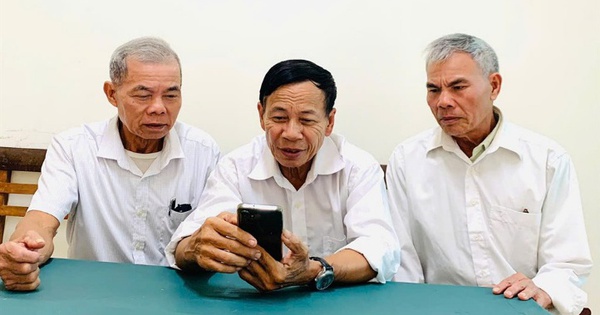




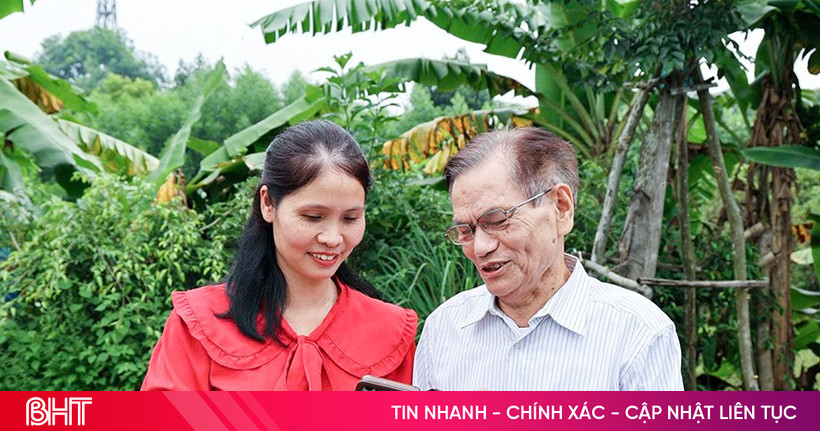

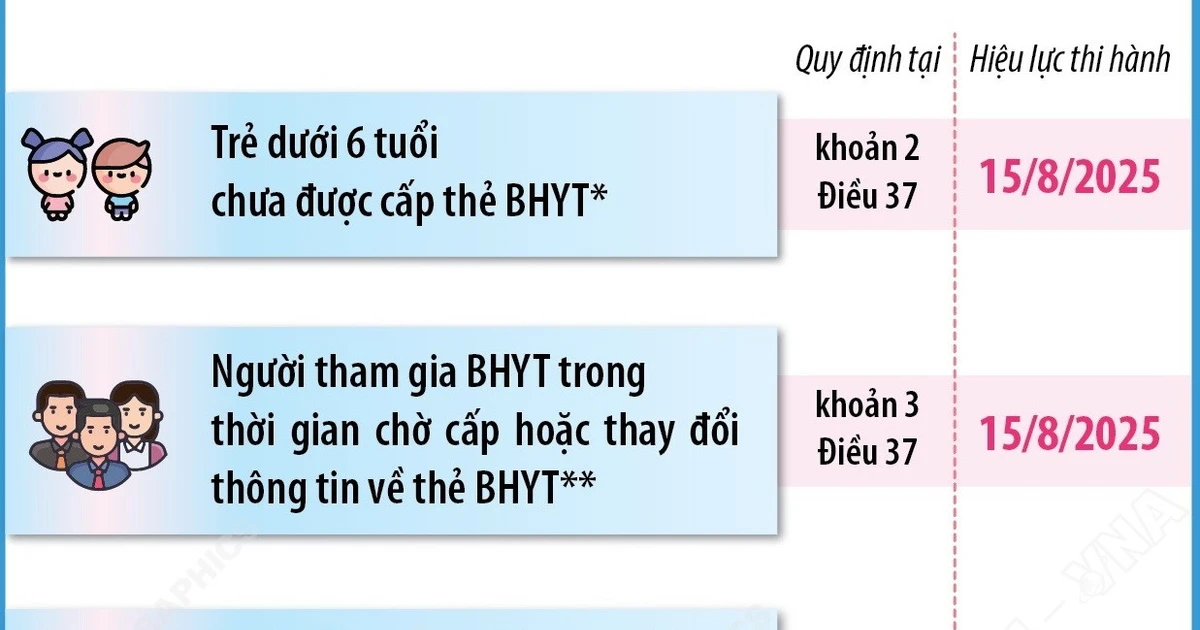

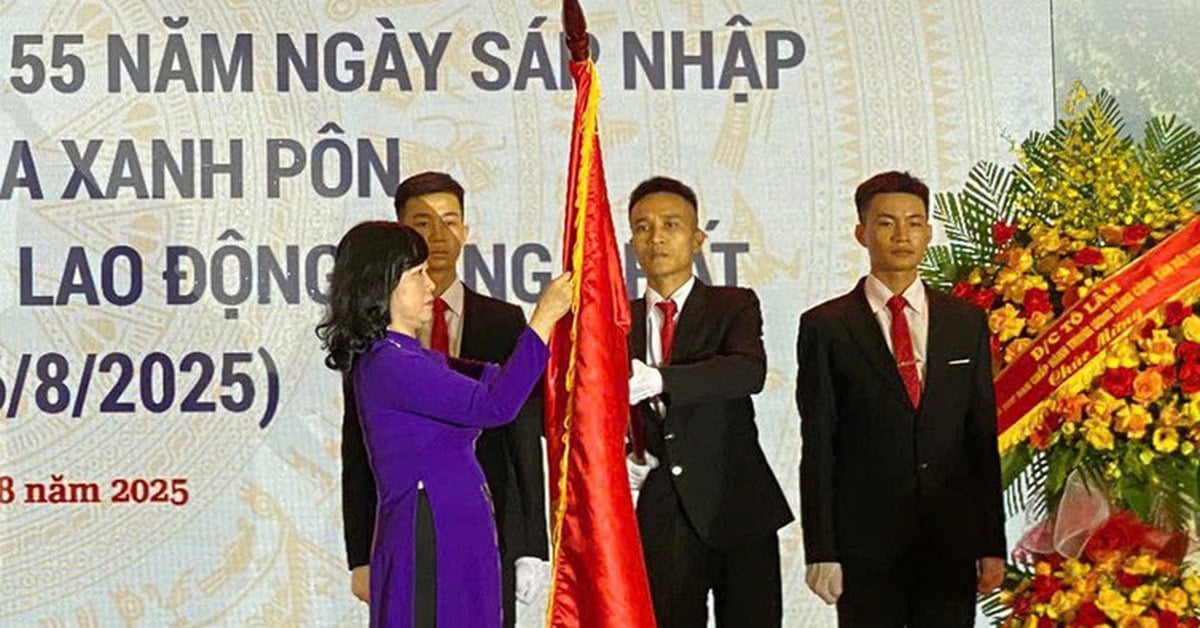

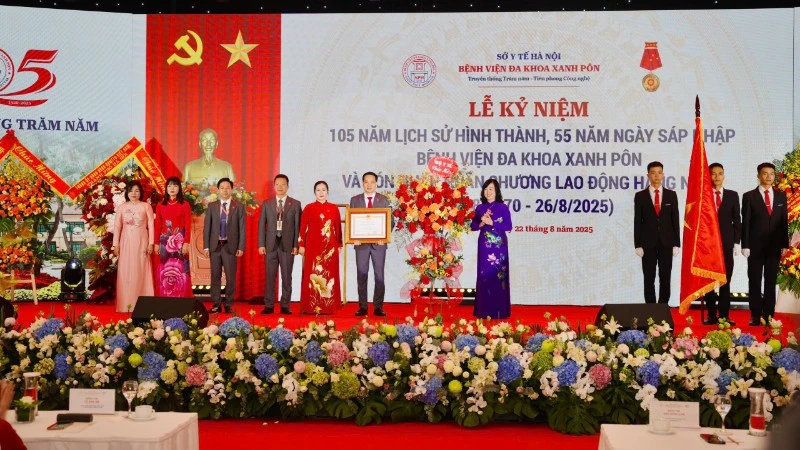

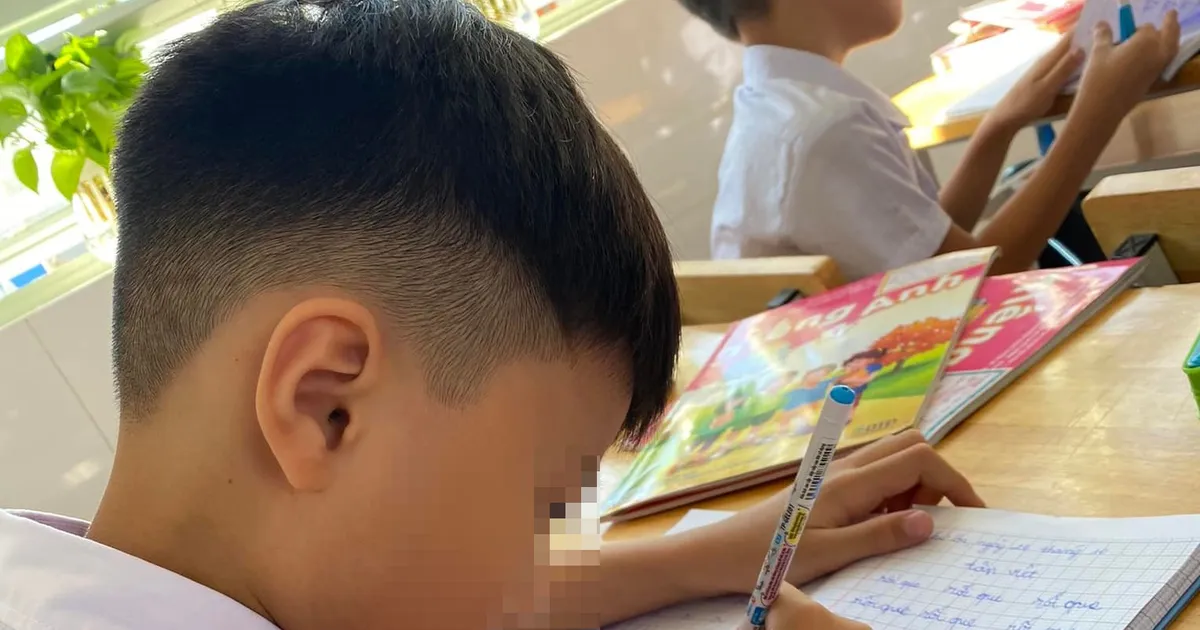



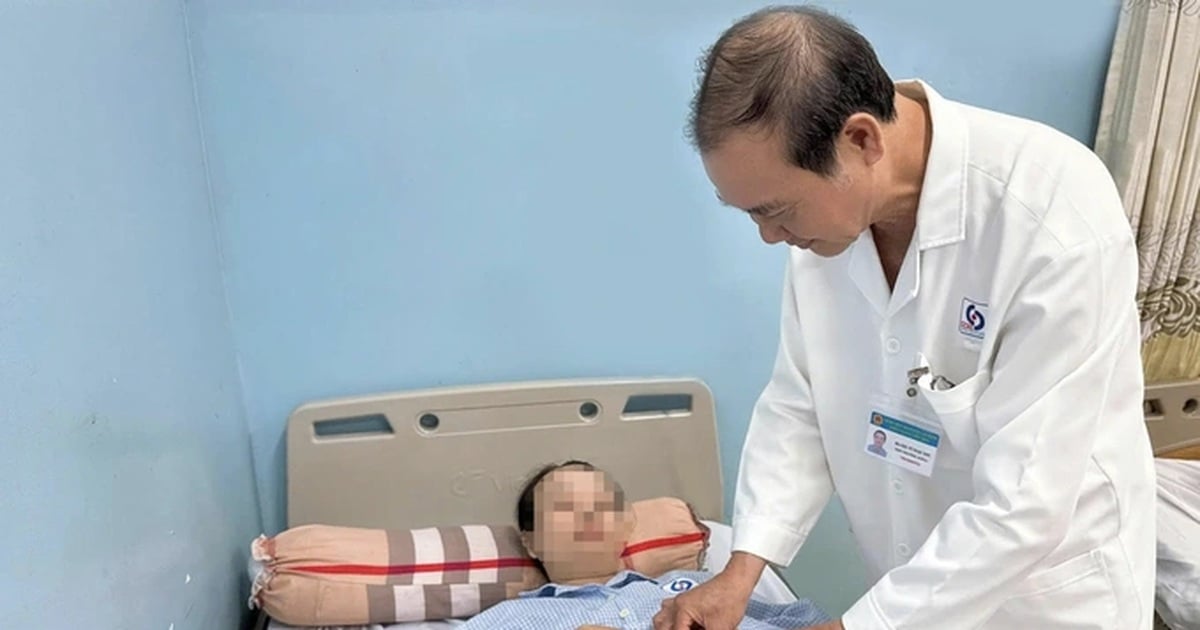
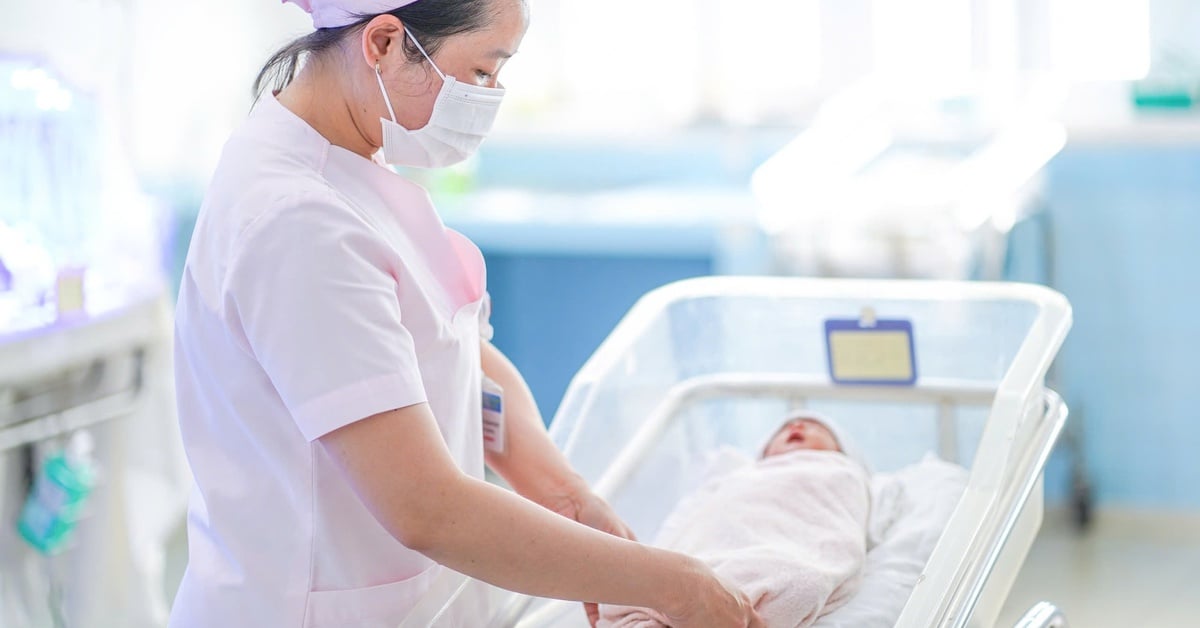



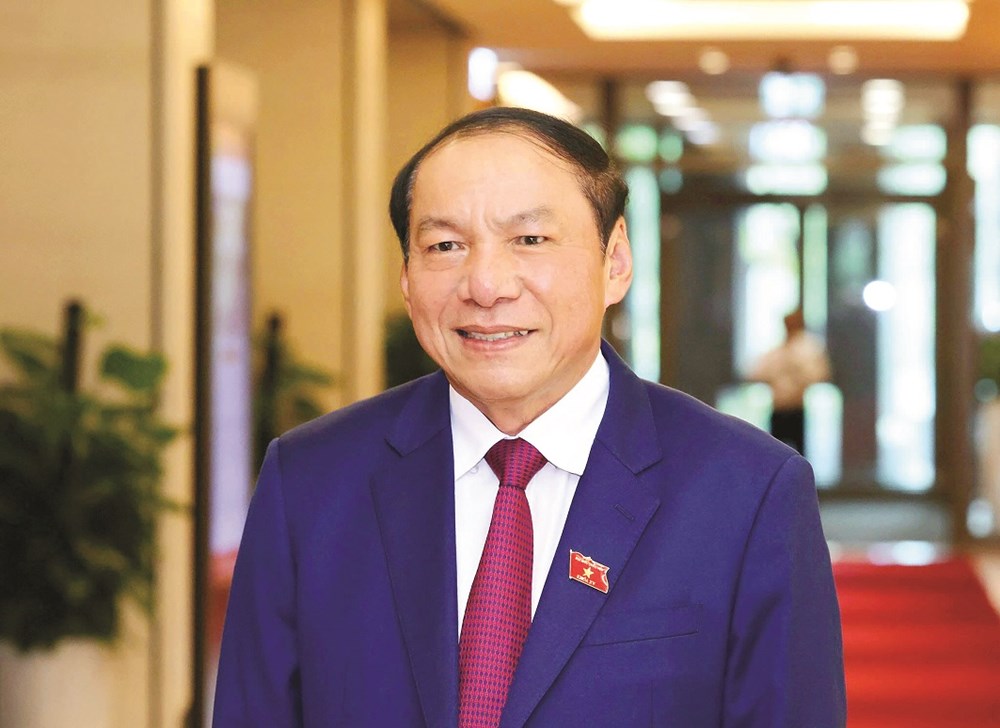
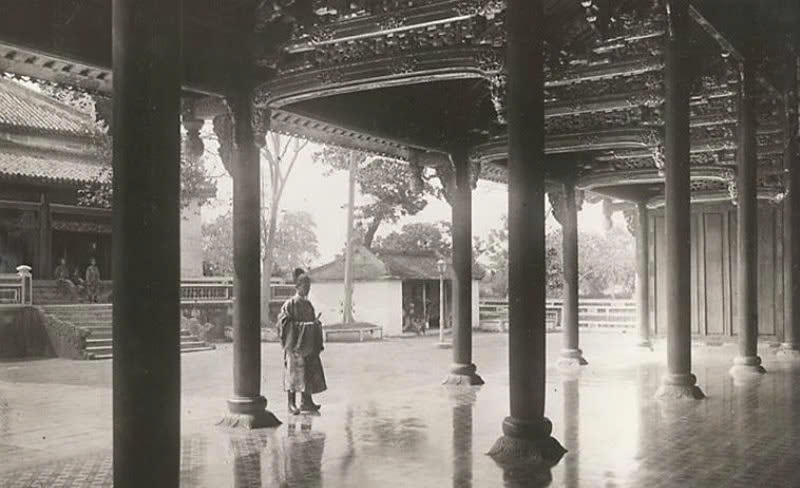
















































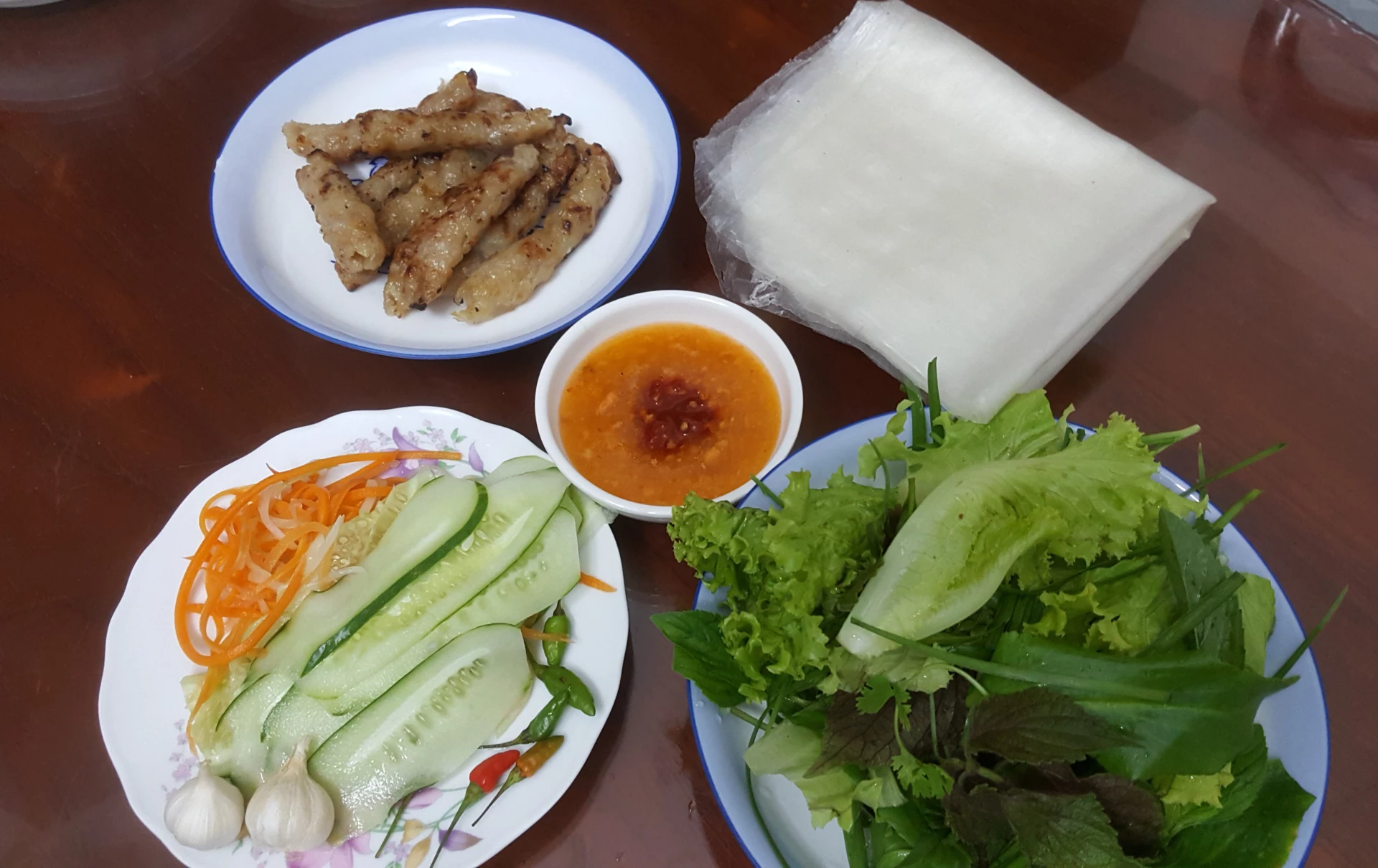

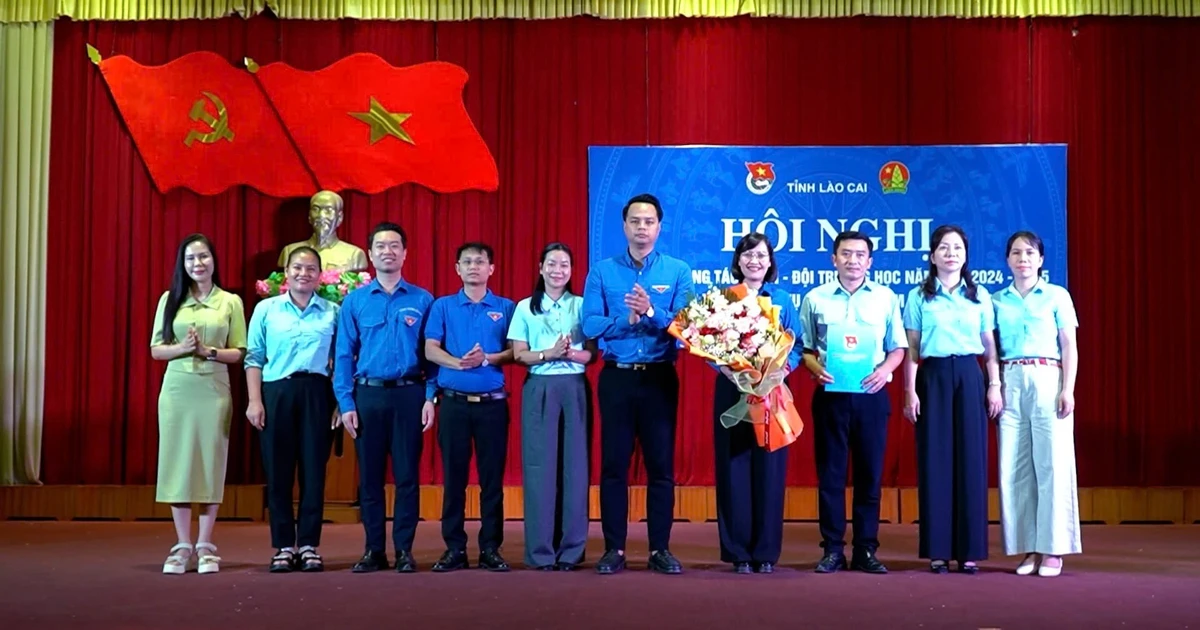
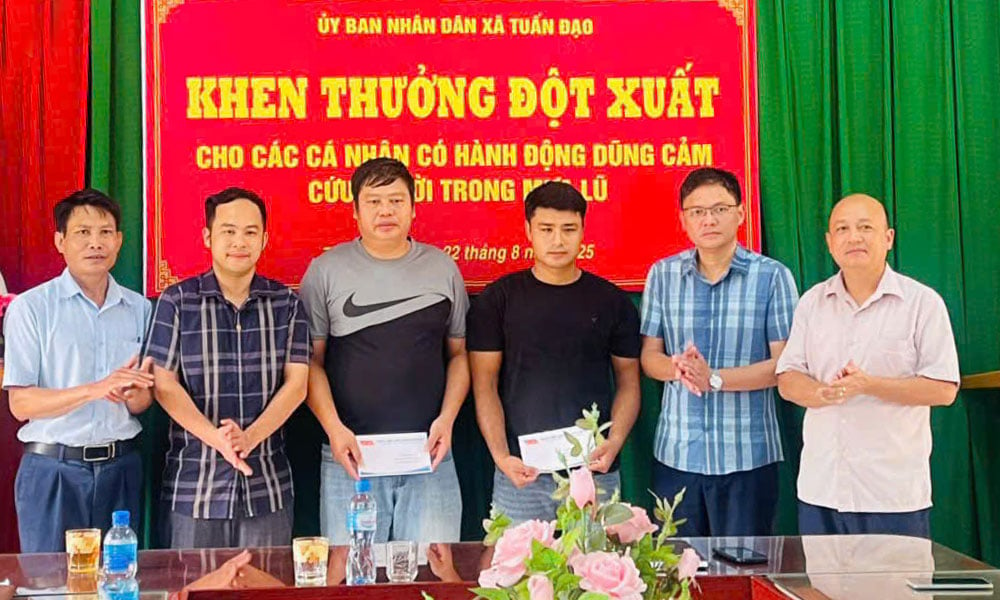

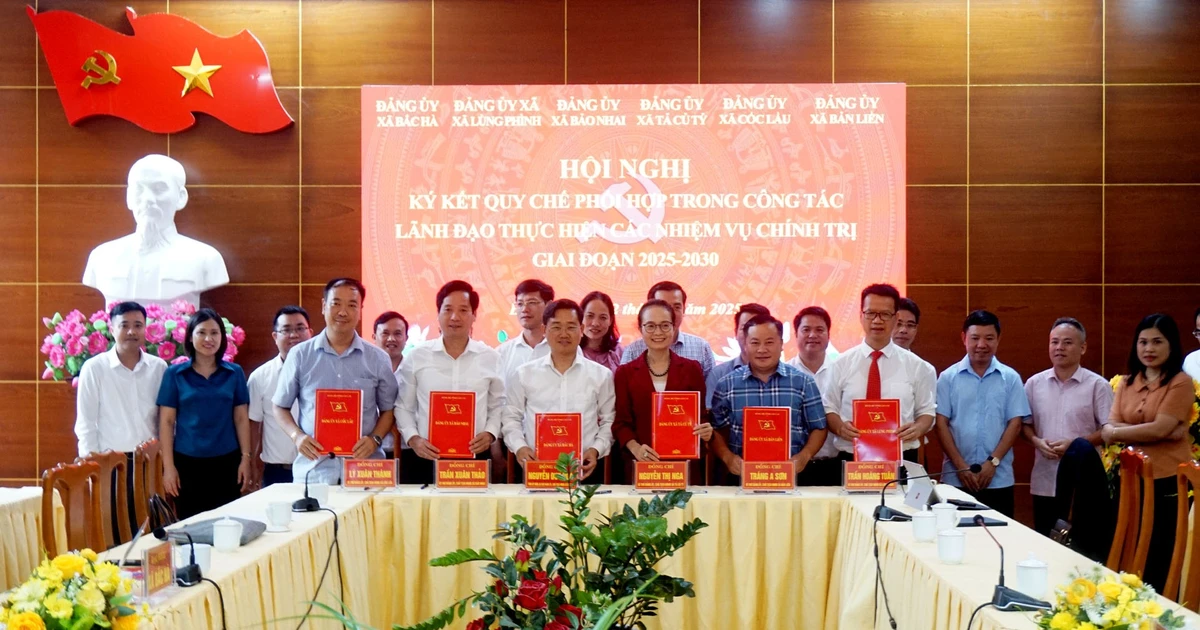












Comment (0)